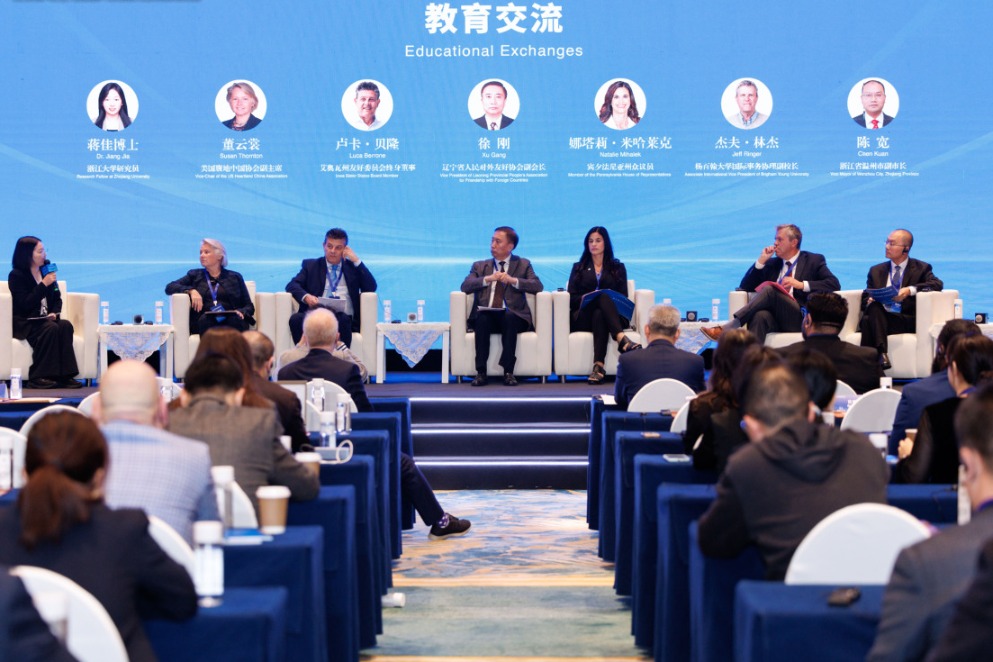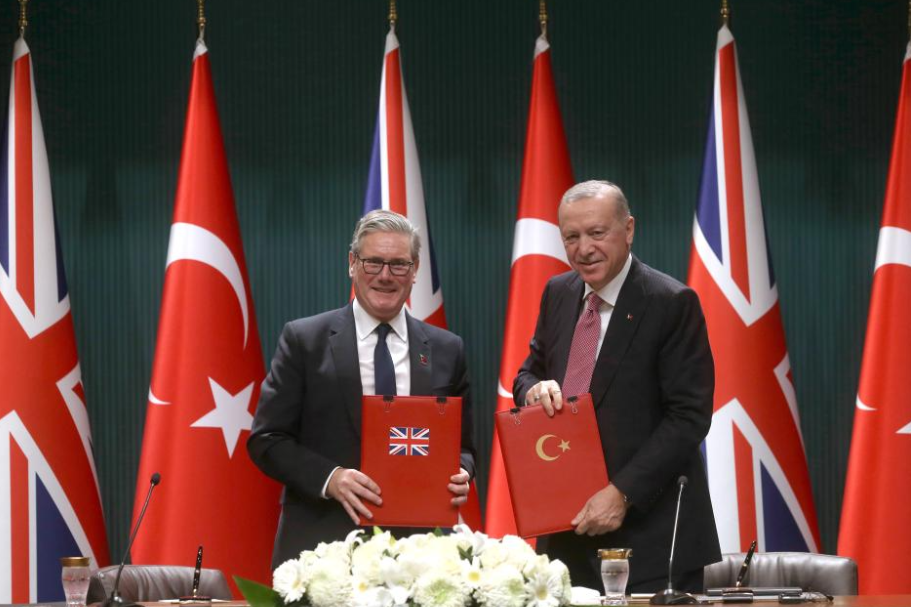China, Japan agree to steady relationship

China and Japan agreed on Tuesday to advance constructive and stable bilateral relations as Foreign Minister Wang Yi held a telephone conversation with his Japanese counterpart, Toshimitsu Motegi, a week after the inauguration of Japan's new cabinet.
Wang told Motegi that China is willing to work with Japan to continue observing the principles and following the direction set in the four political documents between the two nations, and jointly advance the strategic relationship of mutual benefit.
Wang, who is also a member of the Political Bureau of the Communist Party of China Central Committee, congratulated Motegi on his reappointment as Japan's foreign minister.
China's policy toward Japan remains "consistent and stable", Wang said, expressing Beijing's readiness to work with Tokyo to build a constructive and stable relationship that meets the demands of the new era.
China has noted the positive signals sent by the new Japanese cabinet, he said, emphasizing that high-level exchanges are important for the development of bilateral ties. It is hoped that the new cabinet of Japan will make a good start and take the right steps in engaging with China, he added.
Wang underscored that historical issues and the Taiwan question bear on the foundation of China-Japan ties and the basic trust between the two countries, saying that he hopes Tokyo will work with Beijing to uphold the political foundation of bilateral relations and facilitate their improvement and development.
Motegi said that Japan and China are shouldering increasingly significant international responsibilities in the wake of profound changes in the global landscape. He emphasized that Japanese Prime Minister Sanae Takaichi attaches great importance to Japan-China relations, and the Japanese side never intends to decouple from the Chinese side.
Motegi expressed the hope that both sides would enhance exchanges at all levels, boost mutually beneficial cooperation, properly manage differences and fully advance a constructive and stable strategic relationship of mutual benefit.
Lyu Yaodong, a research fellow at the Chinese Academy of Social Sciences' Institute of Japanese Studies, said that the relations between Asia's two largest economies have been strained in recent years due to Japan's stance on historical issues and the Taiwan question.
China sent a clear message through Tuesday's phone call, he said. "The message is that Japan's new cabinet must adhere to the four political documents and act prudently on historical and Taiwan-related issues," said Lyu.






























